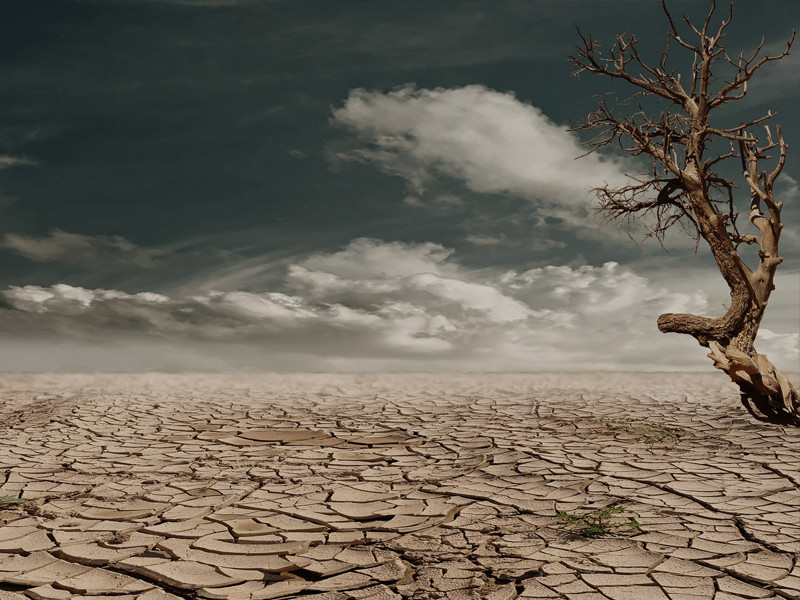Washington: The world is unlikely to meet the goal of ending extreme poverty by 2030 absent history-defying rates of economic growth over the remainder of this decade, according to a new World Bank study.
The study finds that COVID-19 dealt the biggest setback to global poverty-reduction efforts since 1990 and the war in Ukraine threatens to make matters worse.
The Bank’s latest Poverty and Shared Prosperity Report provides the first comprehensive look at the global landscape of poverty in the aftermath of the extraordinary series of shocks to the global economy over the past few years.
It estimates that the pandemic pushed about 70 million people into extreme poverty in 2020, the largest one-year increase since global poverty monitoring began in 1990. As a result, an estimated 719 million people subsisted on less than $2.15 a day by the end of 2020.
"Progress in reducing extreme poverty has essentially halted in tandem with subdued global economic growth," said World Bank Group President David Malpass in a media release on Wednesday.
"Of concern to our mission is the rise in extreme poverty and decline of shared prosperity brought by inflation, currency depreciations, and broader overlapping crises facing development. It means a grim outlook for billions of people globally. Adjustments of macroeconomic policies are needed to improve the allocation of global capital, foster currency stability, reduce inflation, and restart growth in median income. The alternative is the status quo—slowing global growth, higher interest rates, greater risk aversion, and fragility in many developing countries," Malpass added.
The report indicates 2020 marked a historic turning point—when the era of global income convergence yielded to divergence.
The poorest people bore the steepest costs of the pandemic: income losses averaged 4% for the poorest 40%, double the losses of the wealthiest 20% of the income distribution.
Global inequality rose, as a result, for the first time in decades.
"Over the next decade, investing in better health and education will be crucial for developing economies, given the severe learning losses and health-related setbacks they suffered during the pandemic," said Indermit Gill, the World Bank’s Chief Economist and Senior Vice President for Development Economics.
"In a time of record debt and depleted fiscal resources, this will not be easy. Governments will need to concentrate their resources on building human capital and maximizing growth," Gill added.
Cek Berita dan Artikel yang lain di Google News
FOLLOW US
Ikuti media sosial medcom.id dan dapatkan berbagai keuntungan



















